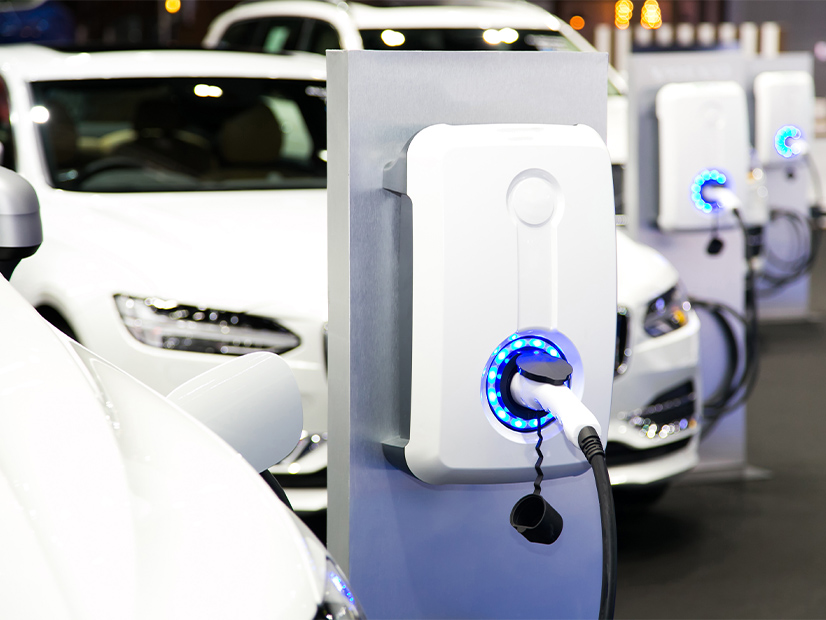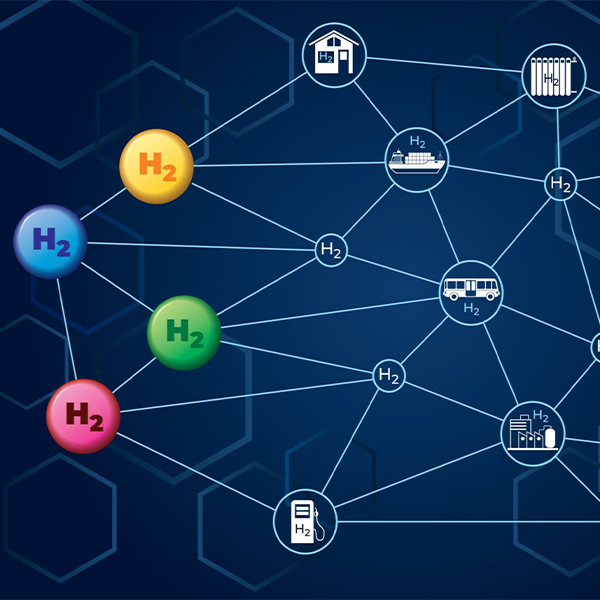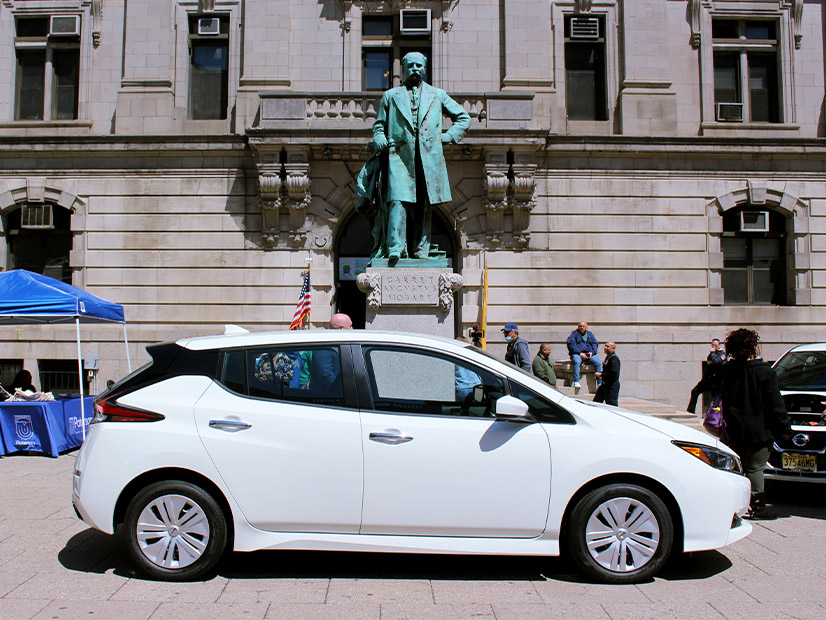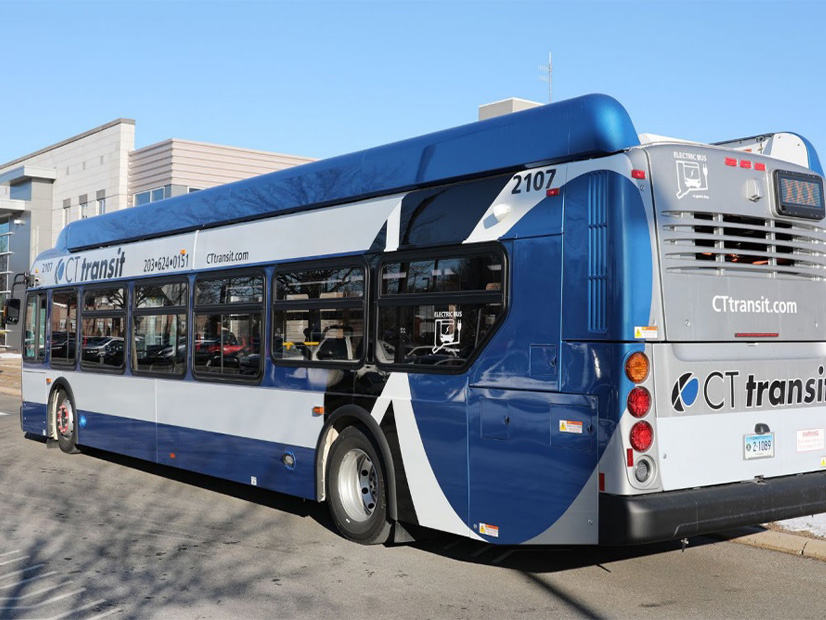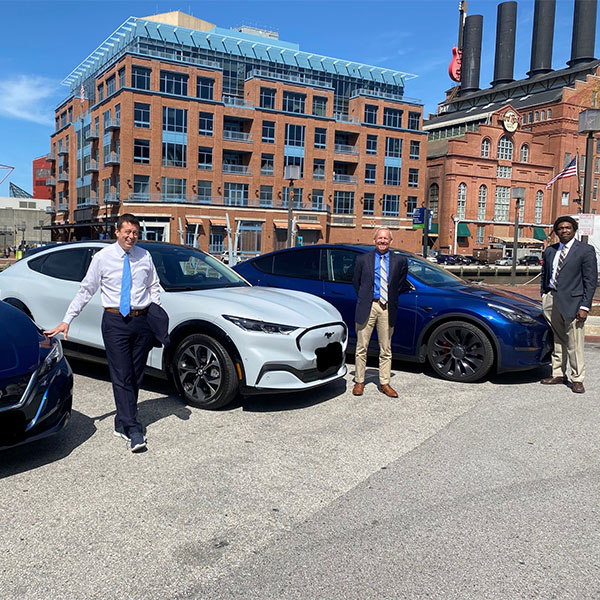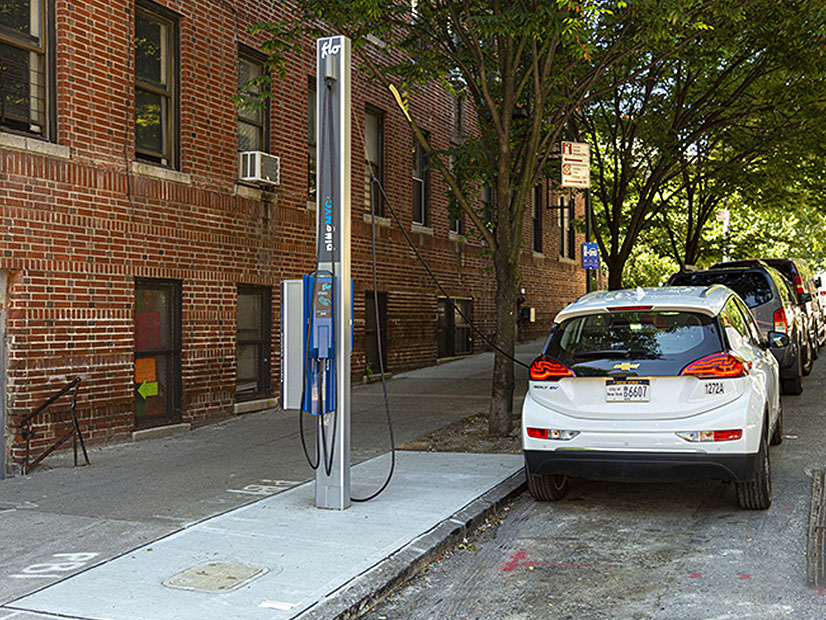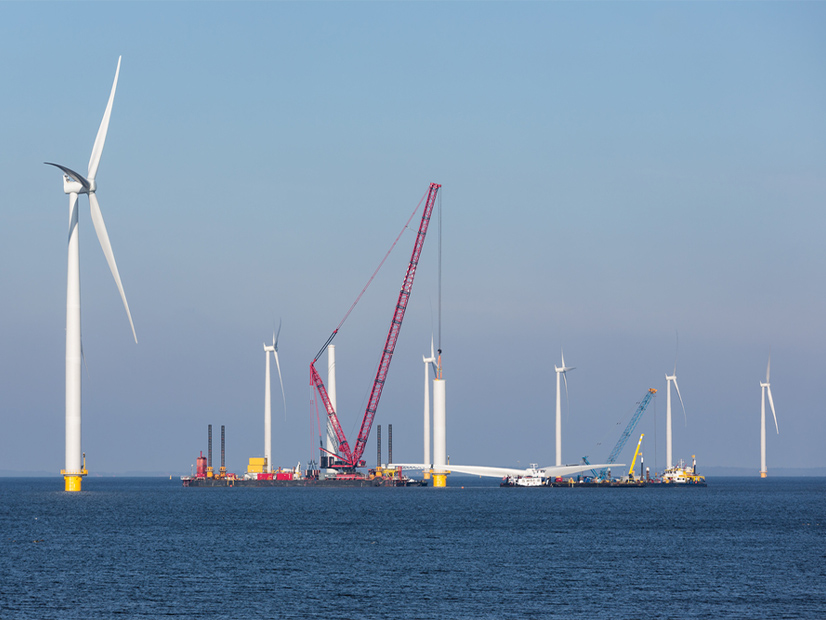Transportation Decarbonization
Airplane DecarbonizationEV chargersHeavy-duty vehiclesBattery Electric Buses (BEB)Fuel Cell Electric Buses (FCEB)Light-duty vehiclesBattery Electric VehiclesFuel Cell VehiclesPlug-in hybrid electric vehiclesShip electrificationClean Ports
The U.S. has an abundance of critical minerals, but not the political will to build out mining and processing supply chains, USEA panelists said.
The Biden administration is aiming to convert gray hydrogen into “blue” hydrogen by investing billions of dollars to fund new carbon capture technologies.
A recent study concluded that diverting 15% of Ohio’s current Utica shale gas production to create hydrogen would be sufficient to satisfy existing demand.
New Jersey announced grants of $7.6 million for local government purchases of electric vehicles in an effort to cut transportation emissions.
Michigan's final proposed Healthy Climate Plan includes funding for climate mitigation efforts in economically disadvantage communities.
The Connecticut Public Utilities Regulatory Authority heard from ConnDOT for an investigation of integration of medium- and heavy-duty electric vehicles.
Maryland regulators approved changes to the state’s EV charging pilot, increasing incentives for chargers installed at underserved locations.
A company developing a geothermal energy and lithium production facility in California has a potential partner who plans to build an EV battery factory nearby.
New York’s IOUs reported a slow rollout of EV fast-charging stations under the state’s $701 million incentive program to build 50,000 stations by 2025.
The Massachusetts Senate passed An Act Driving Climate Policy Forward with a broad set of policies for decarbonizing energy, transportation and buildings.
Want more? Advanced Search
